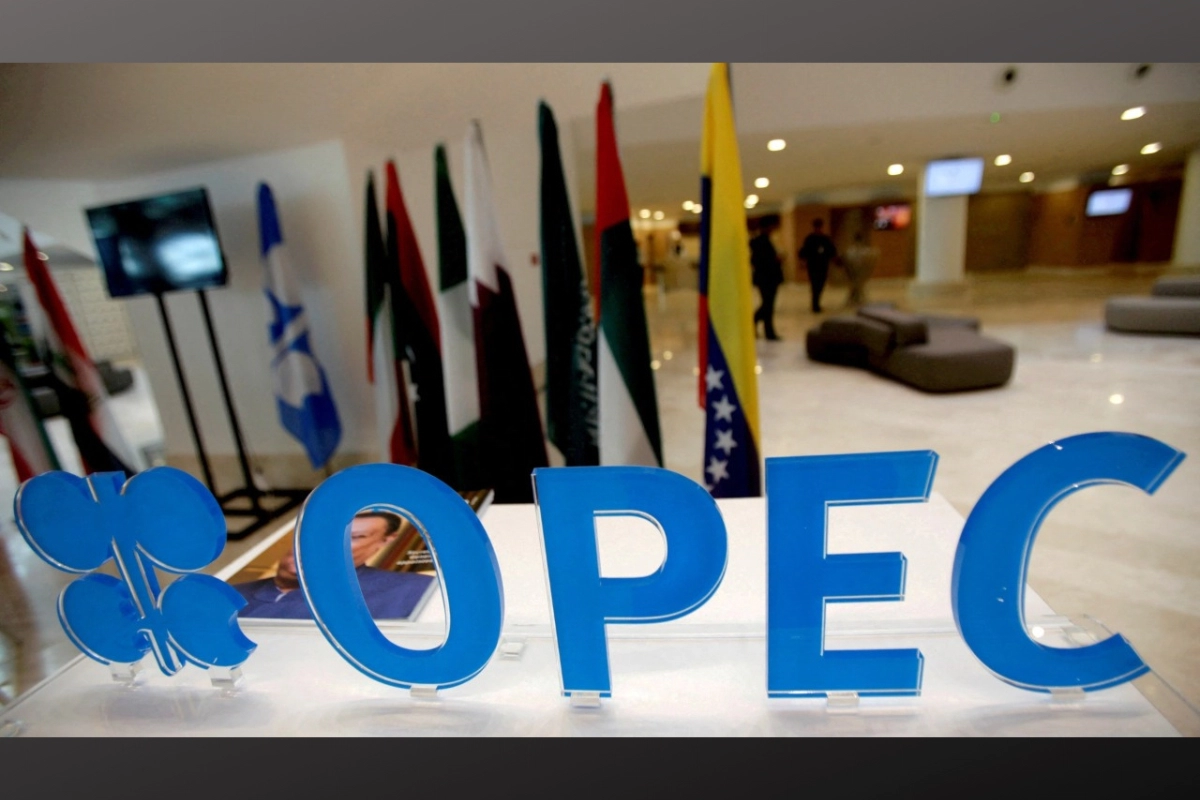OPEC+: The US and the West are cagey about the continued OPEC’s reallocation of priorities towards the Russian bloc and believe that the cartel is supporting Moscow’s aggression in Ukraine.
With Russia’s emerging as the largest supplier of crude oil to India, it creates another wedge between the Organisation of the Petroleum-Exporting Countries (OPEC) and the powerful US-Europe energy lobbies. They believe that the unholy alliance acting in support of Moscow’s aggression in Ukraine.
OPEC+ production cuts providing discounts in Russian crude oil supply to India
It is worthwhile to mention that OPEC+ which includes Russia, agreed last month to cut production by roughly the amount of crude oil China and India are buying from Russia. By agreeing to production cuts, OPEC is providing the necessary discounts on Russian crude oil supply to buyers like India and China, while Western consumers are pulling down global demand.
The global supply cutback is likely to be half the agreed-upon figure given the state of investments in oil production since the pandemic and going into a widespread economic slowdown. The OPEC-Plus decision might be a possible response or retaliation to the various actions of the US West imposing price caps on Russian oil to squeeze its war financing.
8-decade US Saudi relation becomes topsy-turvy
Earlier a strategic ally of the US, OPEC leader Saudi Arabia defends its position by its intentions to ensure a stable oil market that is being made vulnerable by the US. There is also adverse apprehension that the price cap on Russian oil will have unforeseen effects on OPEC’s exports as major economies head into recession. Deeper fissures in an eight-decade relationship between the US and Saudi Arabia have surfaced over climate action commitments and political pressure to move away from fossil fuel.
The West uses OPEC to weaponise oil, a global resource that should ideally be kept out of conflict resolution. By agreeing to production cuts, OPEC is accepting the discounts on Russian crude oil supply to buyers like China and India, while Western consumers are pulling down global demand. And, by extending coordinated production with Russia by a year, OPEC is admitting its need for assistance in stabilising oil prices. Fractured energy markets will make it harder for a seller’s cartel to maintain prices, particularly when crude oil is at almost twice its historic levels. If buyers like India work out feasible purchase arrangements to bypass financial sanctions, the realignment of the energy market could stabilise.
Read Also: Avneet Kaur in a short dress is just too hot to handle, have a look
India’s effective measures of the past may help in stabilising the fractured energy market
For avoiding the sanctions, a separate channel similar to the practice India had exercised while buying oil from Iran from 2012 onwards after it was imposed by the US for pursuing a rogue nuclear weapons programme. These sanctions with were reinforced by Washington in late 2018 and expanded over the next two years to induce desired pressure on Tehran’s entire financial sector.
DON'T MISS
But till then, India’s efficacious methods of depositing in rupees, the value of the oil it had purchased from Tehran into multiple escrow accounts in the state-owned UCO Bank, brought required leeway to India and also reduced the risk of several Iranian accounts in various banks being subjected to secondary US sanctions, and thereby frozen.
Iran, for its part, agreed to expend this money for importing food and assorted essential goods like pharmaceuticals, medical, industrial and engineering equipment all of which were in short supply, due to sanctions. It also used its rupee reserve to defer all costs, including rentals, salaries and other administrative expenses incurred by its missions across India.
One of the measures could be identical to those SPFS-associated Russian banks to hypothetically open a rupee/rouble ‘Vostro’ account, conceivably with any Indian Bank, which, in turn, would become its agent in India, providing its corresponding financial services as an intermediary. These services in consonance with all ‘Vostro’ accounts would include deposits, withdrawals and, more importantly, money wire transfers of rouble equivalent amounts to the Russia-based SPFS bank.
Must Read: Anushka Sen shares hot photoshoot pictures in black dress, fans say OMG!
Russia’s SPFS emerged in 2014 as Moscow’s enterprise, albeit a smaller equivalent of SWIFT or Society for Worldwide Interbank Financial Telecommunication money transfer gateway which Russia can no longer avail of following sanctions. Earlier, SWIFT had provided Moscow a secure single-channel inter-bank and corporate-to-bank connectivity linking some 11,000 banks and related organizations in over 200 countries, but no longer now.
India’s short-term but effective measures might be the right answer for stabilising the turbulent ‘Energy Sector’
And so the short-term measures by India for avoiding sanctions can help in the long run to realign the fractured energy market and provide a possible solution to the gargantuan conundrum that the entire world is facing today.
Keep watching our YouTube Channel ‘DNP INDIA’. Also, please subscribe and follow us on FACEBOOK, INSTAGRAM, and TWITTER.
